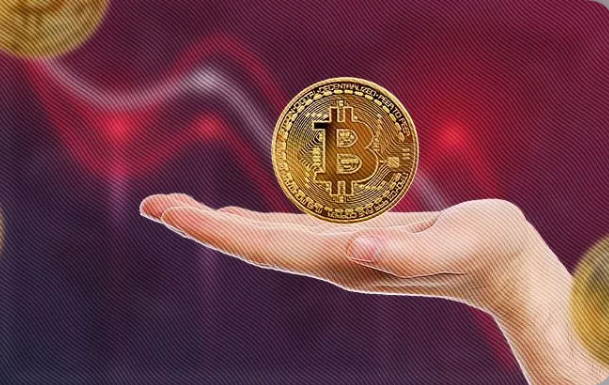Sudeban stated it is developing a system to monitor financial transactions in real-time.
The government is looking into how much money is changing hands in the crypto markets.
To prevent a devaluation of the bolivar, the Venezuelan government plans to monitor P2P cryptocurrency transactions. On December 20th, Venezuela’s banking watchdog Sudeban said that, with the support of Sunacrip, the country’s cryptocurrency regulator, it is developing a system to monitor financial transactions in real-time.
While specifics were lacking. The organization said say they wanted to “fight the irregular practices that attack our currency and the stability of the exchange market.” That the government is looking into how much money is changing hands in the cryptocurrency markets. And how that relates to the value of the US dollar vs the Venezuelan bolivar is a very clear sign.
Seasonal Influx of Cash
Experts have connected the current cryptocurrency drought in peer-to-peer marketplaces. Owing to the fall of FTX to the aforementioned exchange rate. Despite the government not having said this directly that there is a direct tie between these two factors. This is claimed to be compounded by other factors. Such as the seasonal influx of cash into the economy via gift-giving.
According to Legalrocks, a national crypto-focused legal practice, more than 75 bank accounts have been banned since the end of 2021 owing to suspicious behavior connected to cryptocurrency transactions.
In order to stem the depreciation of the bolivar, which has risen from 12.66 bolivars per dollar on November 28 to approximately 20 bolivars per dollar on December 28, this would be one among the “drastic” steps outlined by President Nicolas Maduro on December 11. The last sharp depreciation of the bolivar occurred in November when its value dropped by 40%.

